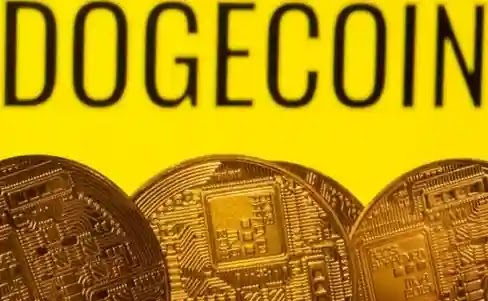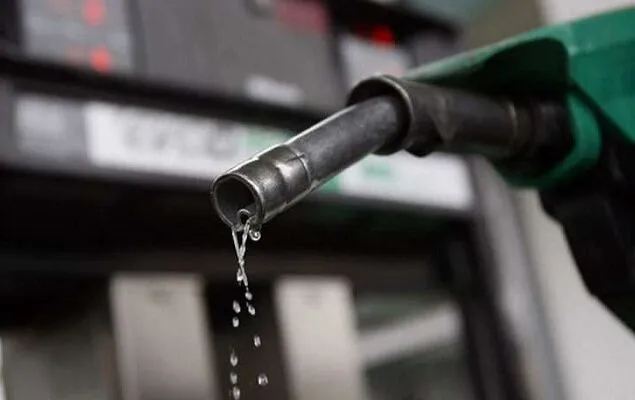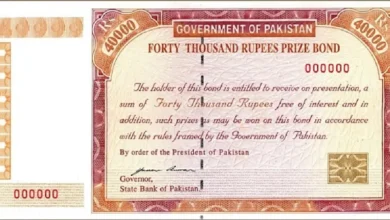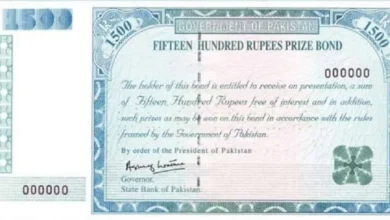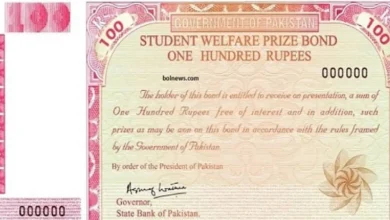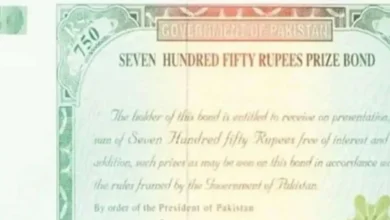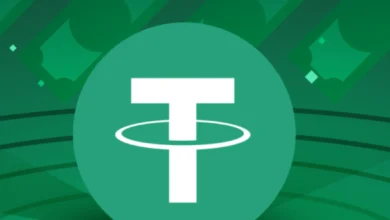
In Pakistan, the price of petrol is evaluated every 15 days. The price is the same in all areas. Check the rates for all petrol in Pakistan, including incredibly high octane, Euro 5, kerosene oil, low-speed diesel, and high-speed diesel, right here.
| Petroleum Products | Price |
|---|---|
| Premium | 257.13/Ltr |
| High Speed Diesel | 267.95/Ltr |
| Light Speed Diesel | 148.95/Ltr |
| Kerosene Oil | 161.66/Ltr |
Last Updated: 01 Feb 2025 |
|
The term petroleum is a mixture of two separate words: “petra” (rock) and “oleum” (oil). However, petrol in raw form is produced from land or sea using the distilling method. Therefore, petrol is just crude oil, but it may include different forms of solids, liquids, and gas hydrocarbon in its natural state.
Price Of Petroleum Products Rs./Litre
| Date | Petrol | High Speed Diesel | Light Diesel | Kerosene Oil |
|---|---|---|---|---|
| Feb 01, 2025 | 257.13 | 267.95 | 148.95 | 161.66 |
| Jan 16, 2025 | 256.13 | 260.95 | 148.95 | 161.66 |
| Jan 01, 2025 | 252.66 | 258.34 | 148.95 | 161.66 |
| Dec 16, 2024 | 252.1 | 255.38 | 148.95 | 161.66 |
| Dec 01, 2024 | 252.1 | 258.43 | 151.73 | 164.98 |
| Nov 01, 2024 | 248.38 | 251.29 | 140.9 | 154.9 |
| Oct 16, 2024 | 247.03 | 251.29 | 140.9 | 154.9 |
Petrol is a naturally occurring liquid under the earth’s surface. The hue of petrol varies from yellow to blackish. The term petroleum is provided by combining two words, ‘petra’ (rock) and ‘oleum’ (oil), which includes petrol and its other term, ‘ fossil fuel.’
It is considered to be found in rock formations under the planet’s surface. Evaporation retrieves petroleum in its unchanged form from deep in the earth using the drilling technique. Evaporation extracts liquid petrol from petroleum products produced by drilling.
When dead creatures such as zooplankton and algae are deeply buried in the ground and exposed to intense heat and pressure, they transform into petroleum. Petrol comprises only oil products, although it may contain different liquids, solids, and gas hydrocarbons.
History of Petroleum
Petroleum acquired relevance in the past as its use in the industry expanded. It was mainly utilized to create fertilizer, solvents, plastics, adhesives, and insecticides. Petroleum’s significance in tech, commerce, and other areas grew in parallel with its more significant usage in commercial aviation.
China was the first to manufacture and consume petroleum. China began producing petroleum around 347 A.D. using bamboo-drilled wells. In 1795, British explorers established a petroleum extraction business in Myanmar.
In Europe, Pechelbronn is the first place where petroleum was found and prepared for usage. In Derbyshire, chemist James Young established a crude oil refining enterprise in 1848.
In 1856, a man named Ignacy Lukasiewicz created the first refineries. The first industrial well was drilled in Poland in 1853, and the second in an area bordering Romania in 1857. Canada’s first industrial well was drilled in 1858. In the 20th century, Russia was the world leader in oil exploration.
The United States, Russia, and Saudi Arabia generate most of the world’s oil. However, the Middle East has 80 percent of the world’s oil reserves, with Qatar, Kuwait, Iraq, Saudi Arabia, and the UAE leading the way.
How does the government fix the price of petroleum in Pakistan?
The OGRA will determine the price of fuel in Pakistan tomorrow. The fuel cost in Pakistan is determined by different elements, one of which is availability. OPEC’s reduced supply to other governments raises the price of oil in other governments as well.
Increasing transport and marketing costs significantly influence petrol prices, as individual dealerships add their profits to the overall fuel cost. In addition, petrol prices are rising due to increased federal and state taxes. The pricing is updated monthly and can be seen on WikiTechLibrary.
Who sets petrol prices in Pakistan?
Petrol prices in Pakistan are set by the Oil and Gas Regulatory Authority (OGRA), based on the pricing formula approved by the government.
How does rupee-dollar exchange rate impact petrol prices in Pakistan?
The rupee-dollar exchange rate is a major factor in determining petrol prices in Pakistan. A significant portion of the country’s crude oil requirements are imported, and payments are made in US dollars. If the rupee’s value decreases against the dollar, the cost of imported crude oil and petroleum products increases, leading to higher petrol prices.
What role does Govt play in petrol pricing in Pakistan?
The government of Pakistan levies various taxes and duties on petrol and petroleum products, which impact their retail prices. The government also sets the pricing formula OGRA uses to determine petrol prices and can adjust the taxes and levies to impact prices.
Conclusion
You can see the diesel and petrol prices in Pakistan today at WikiTechLibrary. You can also watch the gas price in Pakistan today and calculate what you will pay to refuel your car.
Disclaimer: All information on this page is taken from third-party reliable sources of relevant industry channels, with a simple aim just for general information for our users. We never endorse or recommend any trading advice or the accuracy of data provided here.

